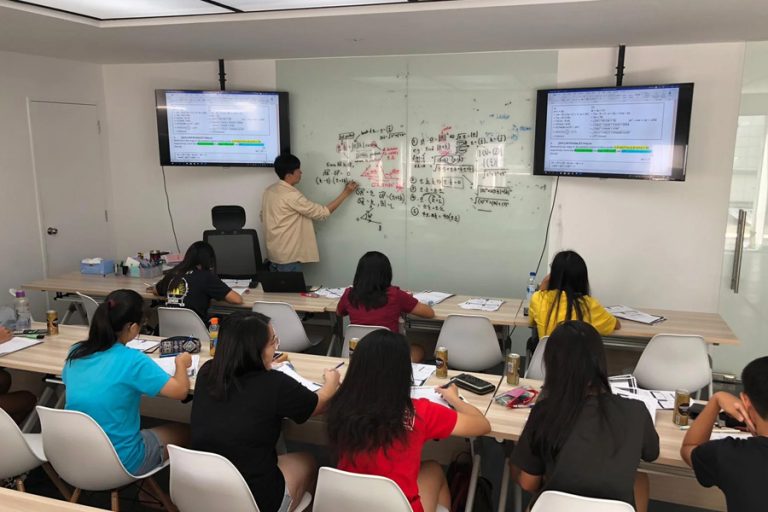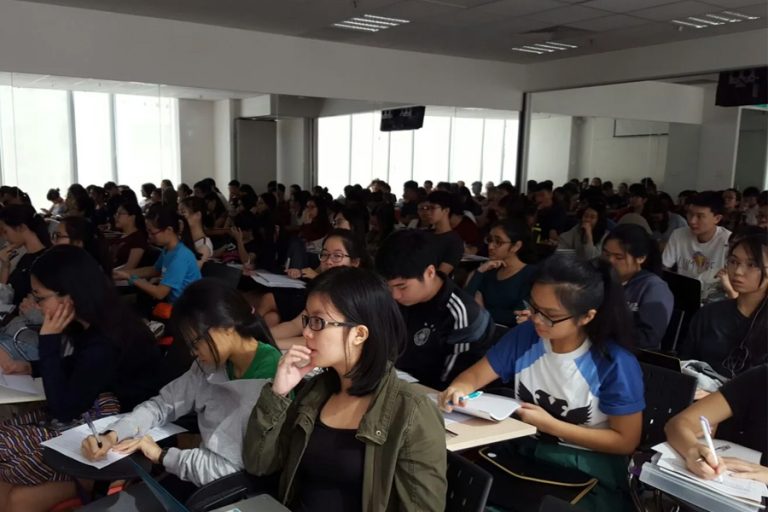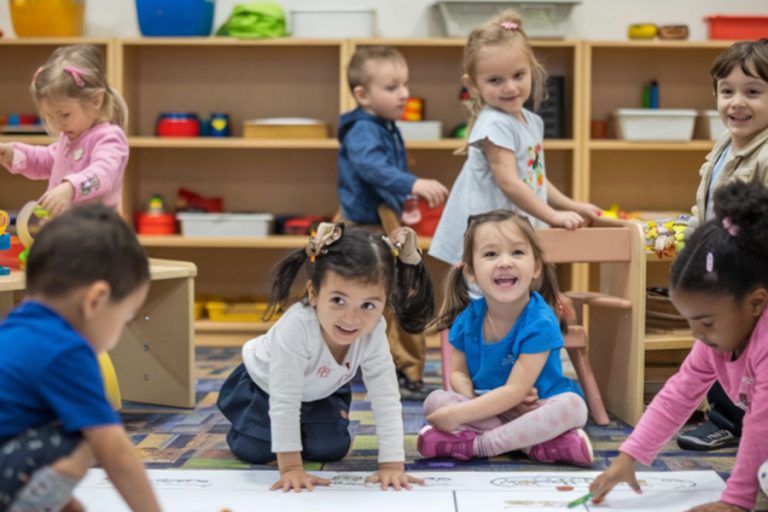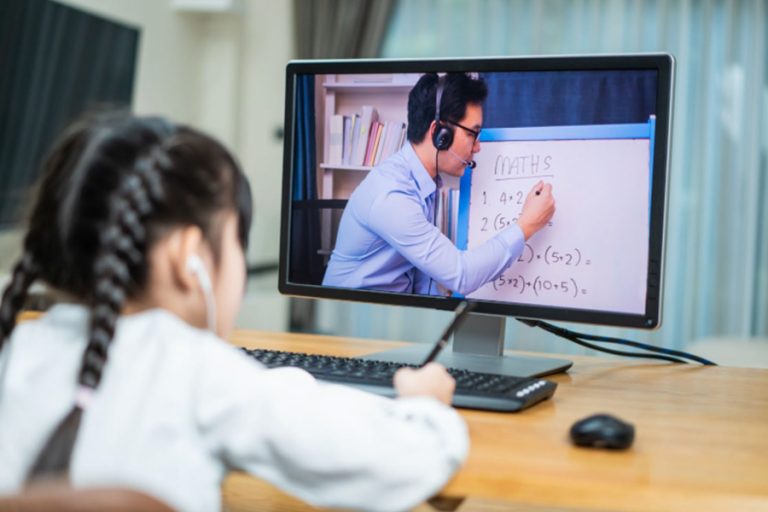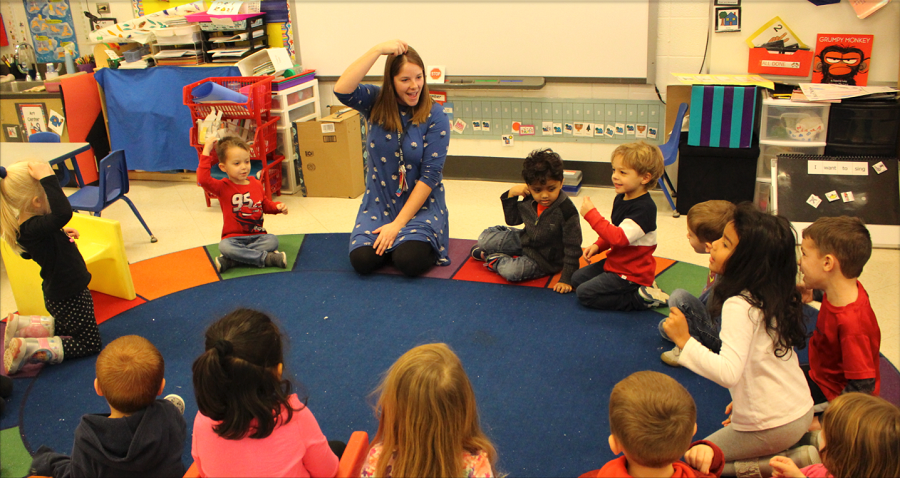
Research reveals that how well English students are educated prior to they reach school-going age can be vital to their future scholastic success. Those kids start academically behind classmates whose mother tongue is English when they begin Enrichment classes for kids. However, those who speak little or no English in the house enhance their reading skills if they go to preschool, according to the PPIC report.
Preschools have such an essential function to play in getting children gotten ready for kindergarten since about half of the children in the state’s largest publicly funded preschool programs originate from houses where a language other than English is communicated in.
Supporting proof
Kids reared in households where parents give rich language and literacy assistance do better in school than those who do not. Languagepoor family members are most likely to make use of less different words in their day-to-day discussions and the language atmosphere is more probable to be controlling and punitive.
Direct exposure to less common, more sophisticated vocabulary (uncommon words) in your home relates straight to kids’ vocabulary acquisition. Uncommon words are those that go beyond the regular 8,500 most common words in the English language.
There is a solid relationship between vocabulary development and reading accomplishment. Understanding the definitions of words is important to understand what a kid reads. Excellent visitors incorporate a variety of approaches to reading words. Also when kids have a solid familiarity with the alphabetic code, they often encounter words for which the pronunciation is not effortlessly predictable.
Kids who get solid vocabularies raise their capability to make sense of what a word could be while utilizing what they know about phonics.5.
Kid’s experiences with the world considerably affect their ability to comprehend what they read.
Reading involves comprehending composed texts. What children bring to a text influences the understandings they take away and the use they make of what is read.
The advantages of preschool education and learning for children consist of
- Cultivating an early enthusiasm for discovering
- Arousing curiosity
- Encouraging language growth and vocabulary
- The enhancement of fine motor and sensory skills
- Enhancing creativity and problem solving skills
- Socialisation
- The ability to communicate with others from varied backgrounds
- Lowering the risk of developing learning challenges
- Decreasing the effects of disadvantage.
The educational program
Centres that stress literacy, mathematics, science, and the environment show the best academic outcomes, particularly in reading and mathematics at age 6. Open-ended inquiries and modeling or scaffolding are important to a trainee’s intellectual growth.
Individualized focus and team activities
Premium quality preschools balance one-one interest with team activities. Instances of activities include groups collaborating to address a problem, finish a task, add to a tale, or a specific trainee functioning individually with a grownup.
Quality early years education and learning is important to a kid’s intellectual and social advancement It promotes social inclusion and arouses inquisitiveness in students.


